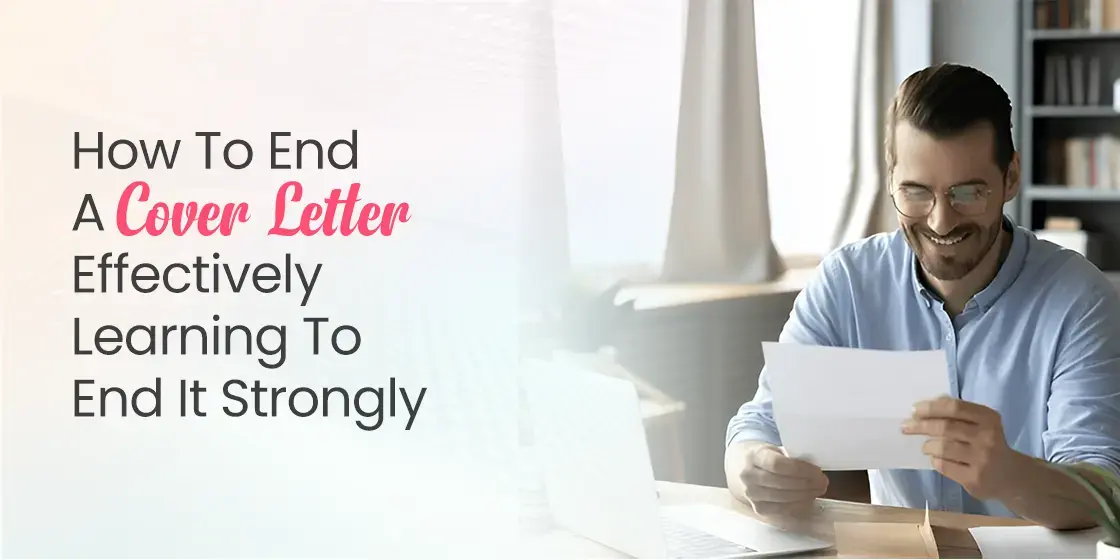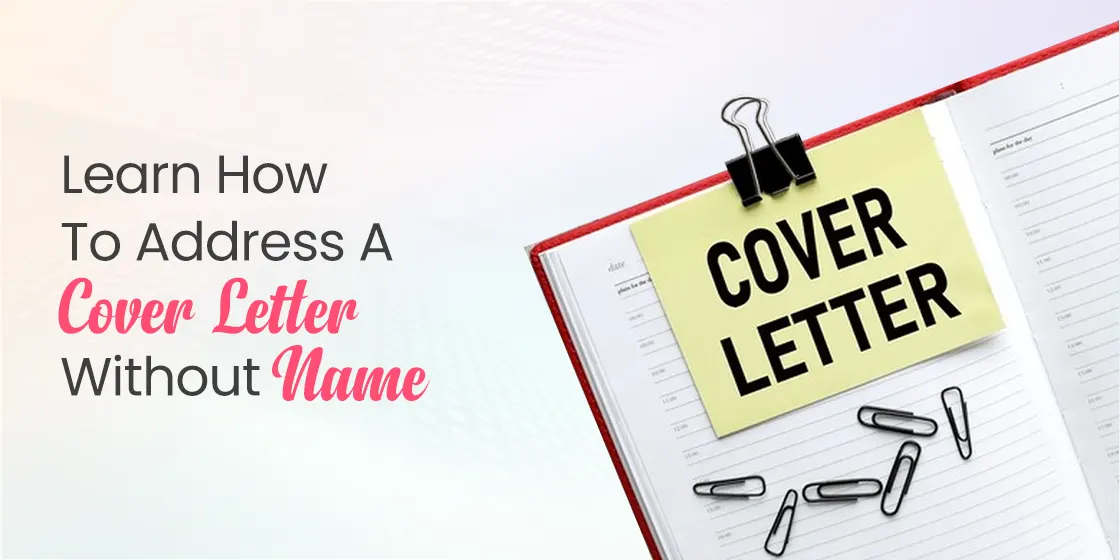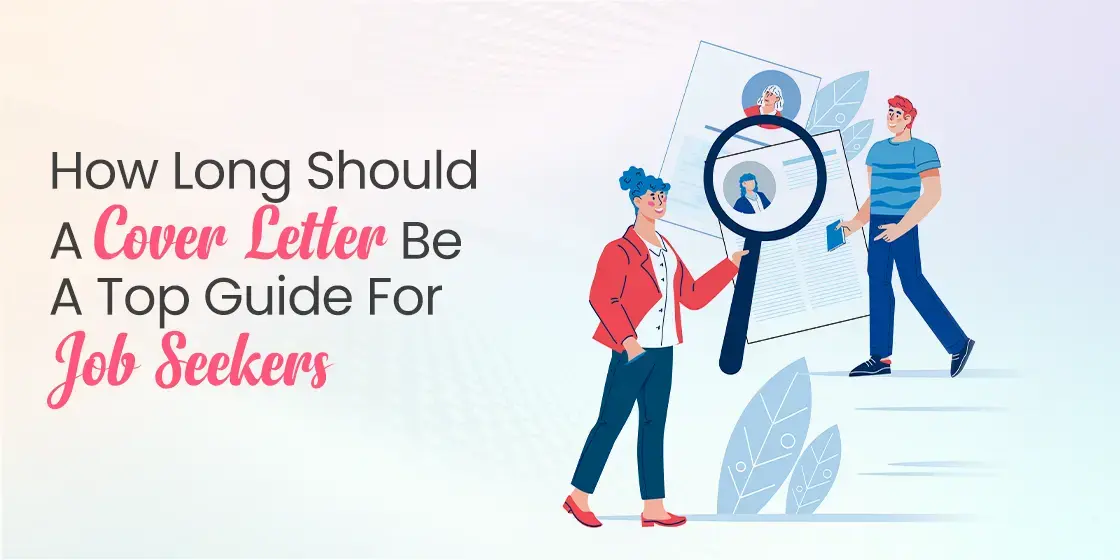Table of Contact
Discover Expert Tips on How to End Your Cover Letter with a Memorable Impact
Finding the perfect way to conclude your cover letter can feel like solving a puzzle. You’ve crafted compelling opening paragraphs and highlighted your qualifications, but now you’re staring at a blank page wondering how to end a cover letter that leaves hiring managers excited to meet you.
The truth is, your cover letter’s closing paragraph carries enormous weight in the hiring process. The final thing someone reads tends to leave a lasting impression, whether they’re reading a novel, a research paper, or even a cover letter. It’s your last chance to demonstrate professionalism, reinforce your value proposition, and prompt the hiring manager to take action.
In today’s competitive job market, knowing how to end a cover letter effectively can make the difference between landing an interview and having your application overlooked. This comprehensive guide will walk you through proven strategies, and actionable tips from expert cover letter writing services to help you transform weak endings into powerful closings that get results.
Sections of an Impactful Cover Letter – Structuring Your Cover Letter Effectively
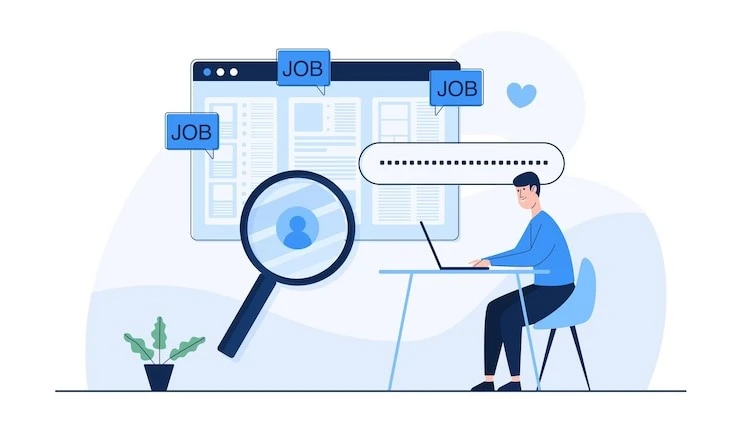
Before diving into how to end a cover letter, it’s essential to understand the complete structure that leads to that crucial final paragraph. A well-organized cover letter creates a logical flow that builds momentum toward your powerful conclusion.
Understanding this complete structure helps you appreciate why the closing paragraph is so critical. Each preceding section builds toward that final impression, making your conclusion the capstone that either reinforces your candidacy or undermines the entire effort. Let’s take a look at what to include in a cover letter.
The Header Section
It serves as your professional introduction, containing your contact information, the date, and the employer’s details. Write your full name, job title, phone number, email, LinkedIn, and location. This section establishes credibility and makes it easy for hiring managers to contact you, setting the foundation for everything that follows.
Grab employer’s attention with a professionally written cover letter!
Land Your Dream Job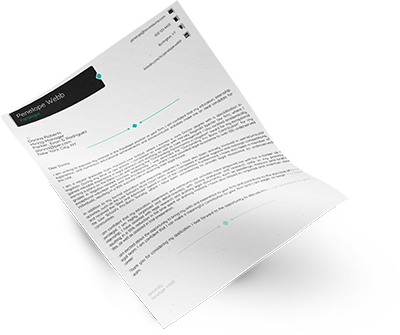
The Opening Paragraph
Your opener should grab attention immediately while introducing your purpose. Rather than generic openings, craft a hook that demonstrates your knowledge of the company and genuine enthusiasm for the specific role. The opening paragraph of your cover letter should hook the reader. You want it to be memorable, conversational, and extremely relevant to the job you’re pursuing. Reference the exact position title and briefly mention what makes you uniquely qualified.
The Body Paragraphs
The body forms the meat of your cover letter, typically consisting of one to two focused sections. The first body paragraph should highlight your most relevant professional experience, using specific achievements with quantifiable results whenever possible. The second body paragraph can address additional qualifications, explain career transitions, or demonstrate your understanding of the company’s challenges and goals. Detail your work accomplishments and use numbers to quantify the results of your actions.
The Professional Formatting
Throughout these sections, proper formatting maintains readability and demonstrates attention to detail. Use single-spaced lines within paragraphs, and leave a space between each paragraph. Choose a professional font, such as Times New Roman or Arial, with a font size of 12 for readability. This consistent formatting carries through to your closing, ensuring your entire document maintains a polished, professional appearance.
What Makes the Ending of a Cover Letter So Important?
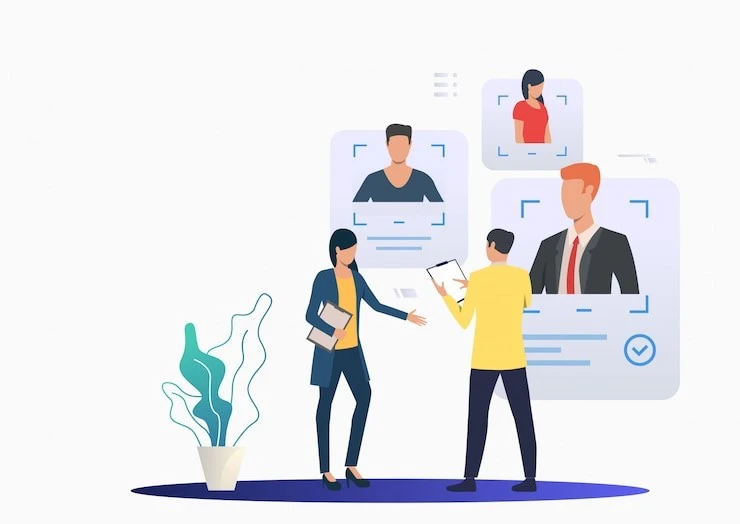
The psychology behind cover letter endings reveals why this final paragraph deserves careful attention. Your final paragraph is more than a formality. It’s your last impression. It’s the point where the hiring manager decides how they feel about your application overall. This moment of decision can determine whether your resume gets a thorough review or ends up in the rejection pile.
The impact extends beyond just getting noticed. Your cover letter ending influences how hiring managers remember you during their decision-making process, shapes their expectations for potential interviews, and demonstrates the level of thought and care you put into your application. These factors combine to make your conclusion a critical component of your overall job search strategy.
Let’s discover how to write a cover letter that ends with a bang effectively.
First Impressions vs. Last Impressions
It creates a phenomenon known as the primacy-recency effect. While your opening paragraph creates the first impression, your closing creates the recency effect—the last words the hiring manager reads before making their initial judgment about your candidacy. The last thing people read tends to echo in their minds: the last word in a sentence, the last paragraph in a chapter, the last chapter in a book. This psychological principle explains why weak endings can undermine otherwise strong cover letters, all because of the natural recency effect biases.
Decision-Making Moments
This often occur during the closing paragraph. Hiring managers frequently make quick decisions about which candidates warrant further consideration. A compelling conclusion can tip the scales in your favor, while a generic or weak ending might cause them to move on to the next application. Your final sentences give you the opportunity to create a lasting final impression. This shows the hiring manager that you plan to transfer your skills into actionable steps to achieve goals and exceed expectations.
Professional Communication Standards
They are reinforced through your closing approach. The way you end your cover letter demonstrates your understanding of business communication norms and your respect for the hiring manager’s time and process. Simply thanking them shows that you appreciate their time and you respect the hiring process. It also shows that you understand how to communicate professionally, which can give you an advantage in the hiring process.
Competitive Differentiation
It becomes crucial when multiple qualified candidates apply for the same position. If there are multiple applicants for a role that have similar qualifications, how you sign off your cover letter can make you more memorable. Your closing paragraph provides an opportunity to reinforce what makes you unique and why you deserve consideration over other candidates.
How to End a Cover Letter Effectively – Top Tips to Make a Strong Closing Impression
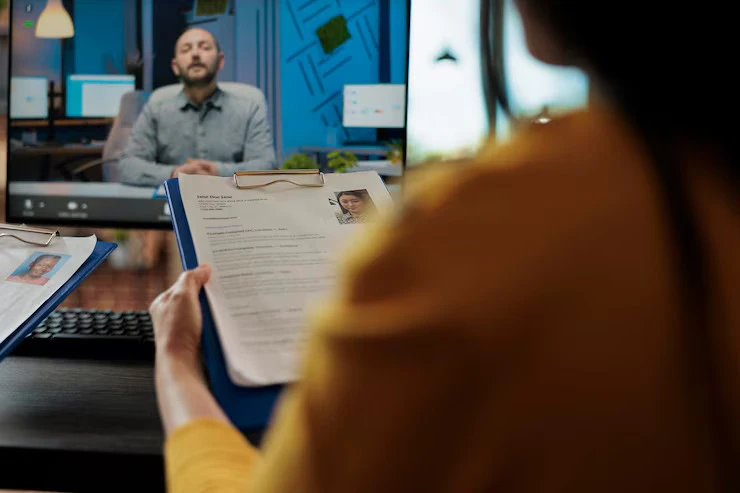
Mastering the art of how to end a cover letter requires understanding the essential components that transform ordinary closings into compelling calls to action. The most effective cover letter endings accomplish multiple objectives simultaneously while maintaining a professional tone and creating genuine excitement about your candidacy.
Express Authentic Enthusiasm
Enthusiasm forms the cornerstone of any powerful closing paragraph. Generic statements about being “interested in the position” fail to capture attention, while specific enthusiasm demonstrates genuine research and consideration. Express genuine enthusiasm by letting employers know you’re truly excited about the opportunity and the prospect of contributing to their team.
Reference specific aspects of the company’s mission, recent achievements, or growth plans that align with your career goals. For example, instead of saying “I’m excited about this opportunity,” try “I’m particularly excited about contributing to your company’s expansion into sustainable technology solutions, which aligns perfectly with my passion for environmental innovation.”
Reinforce Your Value Proposition
The trick to this is to achieve it without simply repeating your resume. Your closing should synthesize your key qualifications into a compelling statement about the specific value you bring to this particular role. Understanding how to portray that information in a cover letter vs resume is critical to crafting impactful job applications.
Don’t just repeat what’s in your resume. Instead, highlight your most impressive qualification and explain specifically how it would benefit this particular company. Connect your experience directly to the employer’s needs by referencing specific challenges mentioned in the job description or industry trends affecting their sector.
Include a Strategic Call to Action
Good CTAs demonstrate confidence while respecting the hiring manager’s process. Avoid passive language that suggests uncertainty about your qualifications. Phrases like “I think I could probably do well in this role” sound uncertain and can undercut the strong case you’ve made for yourself in the rest of your cover letter.
Instead, use confident language that assumes mutual interest: “I’d welcome the opportunity to discuss how my experience in digital transformation can help accelerate your company’s technology initiatives.”
Demonstrate Professional Courtesy
Showing courtesy and respect through genuine appreciation that goes beyond perfunctory thanks. A little bit of gratitude goes a long way in making a lasting impression. Acknowledge the hiring manager’s time and the consideration they’re giving your application, but make your gratitude specific and meaningful. Reference the thoroughness of the job description, the company’s reputation in the industry, or the opportunity to learn about their innovative approaches.
Master the Technical Elements
Doing so for professional closings to ensure your formatting reinforces your message. The sign-off is a brief, professional closing that always ends in a comma. Keep it simple and conventional. Choose from established professional closings like “Sincerely,” “Best regards,” or “Kind regards,” followed by your typed name. For digital submissions, this is sufficient, but for printed letters, leave space for your handwritten signature above your typed name.
Avoid Common Pitfalls
These issues can often undermine otherwise strong applications. Never apologize for perceived weaknesses or highlight what you lack. Don’t use your conclusion to apologize for “missing” skills or experiences. Especially if you’re early in your career or looking to make a pivot. Focus entirely on your strengths and the value you bring rather than drawing attention to gaps in your background.
Customize for Your Situation
You can manage that by adapting your approach to your career stage and the specific role. Entry-level candidates should emphasize enthusiasm for learning and growth potential, while experienced professionals should focus on leadership capabilities and strategic impact. Career changers should emphasize transferable skills and fresh perspectives, while industry veterans should highlight deep expertise and proven results.
Keep It Concise and Impactful
You can do so by limiting your closing paragraph to 60 words or fewer. Limit your last paragraph to 60 words max. Your entire cover letter should be less than a page, so you should spend as much of that space as possible showing you’re qualified. Every word should serve a purpose in reinforcing your candidacy and encouraging next steps.
The goal is creating a closing that feels both professional and personal, confident yet respectful, and specific rather than generic. When executed effectively, your cover letter ending becomes a powerful tool that transforms interest into action and sets the stage for successful interviews.
FAQs
| What should I avoid when ending my cover letter? A: Avoid generic closings like “Thank you for your time,” weak language such as “I hope to hear from you,” and apologizing for missing qualifications. Don’t use informal sign-offs, demand immediate responses, or introduce new information in your closing paragraph. Keep it professional, confident, and focused on your strengths. |
| How long should my cover letter closing paragraph be? A: Your closing paragraph should be concise—ideally 60 words or fewer. This allows you to express enthusiasm, reinforce your value, include a call to action, and show gratitude without overwhelming the reader. Remember, your entire cover letter should fit on one page, so use space efficiently. |
| What’s the difference between “Sincerely” and “Best regards” in cover letter endings? A: “Sincerely” is the most formal and widely accepted closing, perfect for traditional industries or when you don’t know the hiring manager personally. “Best regards” is slightly less formal but still professional, suitable when you’ve had prior contact or for more casual company cultures. Both are appropriate choices. |
| Should I mention salary expectations or availability in my cover letter ending? A: Generally, avoid mentioning salary in your cover letter ending unless specifically requested in the job posting. You can briefly mention availability for interviews or start dates if relevant, but keep the focus on your qualifications and enthusiasm for the role. Save detailed salary discussions for the interview stage. |
| How do I end a cover letter if I’m changing careers or have employment gaps? A: Focus on transferable skills and the value you bring rather than apologizing for gaps or lack of direct experience. Emphasize your enthusiasm for the new field, relevant skills gained during your break or previous career, and how your unique background provides fresh perspectives that benefit the company. |
Conclusion
Learning how to end a cover letter effectively represents a crucial skill that can dramatically impact your job search success. The strategies outlined in this guide provide a roadmap for creating closings that leave lasting impressions and encourage hiring managers to take the next step in the process.
Remember that your cover letter’s conclusion serves multiple purposes: reinforcing your qualifications, demonstrating professionalism, expressing genuine enthusiasm, and providing a clear call to action. By avoiding generic language and instead crafting specific, personalized endings that connect your background to the employer’s needs, you position yourself as a thoughtful candidate who understands both the role and the company.
In summation, be specific, be confident, and be respectful of the hiring manager’s time and process. Your cover letter ending should feel like a natural conclusion to your professional story while creating anticipation for the next chapter.
Ready to transform your cover letter endings and boost your interview success rate? Start implementing these strategies in your next application, and experience the difference a powerful closing can make in your job search journey.

Unleash your brand story`s potential with eContentSol – your creative writing companion. We craft narratives that captivate. Ready to elevate your content game? Dive into creativity with us and let`s bring your ideas to life.
